The eyes are the mirror of the soul. But a mirror that takes the brunt of the aggressions of our direct environment and our small personal excesses. Sun, screens, sugar, or poor lifestyle habits all contribute to the likelihood of certain eye diseases appearing as you age. This can result in early or worsened myopia and, in some cases, partial or total vision loss.
There’s no need to wait for the next New Year’s Eve to decide on good resolutions. By changing some of your habits now you can maintain good eyesight for longer.
The top 10 things that damage your eyesight
It’s hard to say definitively which of these habits is the worst for your eyes. However, when looking at what damages your eyesight, there are some measures you can put in place to reduce long-term effects and eye degeneration.
These things what damage your eyesight and can also cause discomfort on a daily basis. So by changing your habits, you’re not just safeguarding your future, but making your present more comfortable.
1. Not protecting your eyes while tinkering damages eyesight

You’d be amazed at the amount of people that don’t protect their eyes when doing DIY like drilling, sanding or other heavy-duty stuff that kicks up loose dust and debris.
It just takes one small scratch or piece of wood to fly toward your eye for things to go sideways fast and have you looking like Jack Sparrow.
2. Tobacco is a thing that damages your eyesight

We’re not here to judge your vices. But one of the long-term health effects of tobacco is that it’s one of the things that damages your eyesight.
In addition to the smoke that can cause your eyes to sting tobacco directly attacks the ocular tissue, as well as the rest of the body. This can lead to eye disease like AMD (age-related macular degeneration).
👉 Main consequence: your central vision becomes more and more blurred over the years.
3. Alcohol can negatively impact your eyesight

There’s nothing wrong with enjoying a tipple.
A lot of us consume alcohol in small quantities, but if you’re a regular drinker who tends to drink in large quantities or even binge drink, then it can be what damages your eyesight long-term.
Alcohol can affect the eyes in different ways, with some symptoms being more severe than others. Here are some of the eye health issues that can arise from regular heavy drinking:
- Blurred vision
- Red eyes
- Dry eye
- Mood swings/difficulty focusing
- Loss of vision or distorted vision
- Involuntary movements
That’s not even including things like the awful hangover the next day.
4. Not protecting yourself from the sun damages your eyesight

There are few people who don’t enjoy warming themselves on a sunny day. The sun is our main source of vitamin D, helping tiredness, muscular pains, and sometimes even helping depression.
Of course, it’s not a cure-all and in some areas can be less than healthy for those who spend a long time out in the sunshine. UV rays are extremely aggressive and it’s important to protect your eyes with sunglasses, and your skin with sun tan lotion!
It’s even worse if the sunlight is reflecting off a bright snowy surface, or a flat, calm lake or seaside.
What’s even more annoying is that clouds aren’t much help. Even in gray, miserable weather, 90% of UV rays are still capable of reaching us and causing long-term damage to our eye health.
The result is an increased risk of cataracts, photokeratitis, ophthalmia, or even melanoma. These are usually all eye diseases with symptoms that appear in your fifties, when you've been playing around with eye protection all your life.
So, whether you’re 5, 20, 45, or 70 you should still pop on those sunnies so you can look as cool as Arnold Schwarzenegger’s Terminator.
5. Poor diet can damage your eyesight

Whether you’re an athlete, office worker, or gamer, diet is important.
Generally speaking, one of the things that damages your eyesight can actually be a poor diet. This is due to your body (and eyes) not receiving all the relevant and necessary nutrients.
To remedy this, you should try to incorporate more fresh fruit and vegetables into your diet in order to improve your Vitamin C, E and zinc. We also recommend using vegetable oils and eating fish which are rich in omega 3.
They’re good for your brain too!
Does sugar damage your eyesight?
Sugar is a kind of siren song for our brain: it’s as delicious as it is harmful. Our bodies use glucose as their primary fuel source, so our brains evolved to like sweet foods.
Biologically, that means when you eat sugar, your brain releases the happy hormone, dopamine, to encourage you to eat more of it.
I knew my body was working against my diet…
⚠️Fun fact: It was useful in prehistory to motivate you to find and use it as a source of fuel but it’s much less helpful today when sugar is in abundance!
Too much sugar inevitably leads to hypertension and diabetes , both of which are very bad for the eyes.
- ⚡️ Hypertension prematurely wears out the optic nerve.
- 🫣 Diabetes promotes the appearance of cataracts, AMD (age-related macular degeneration) or glaucoma.
Worse still, diabetic retinopathy can result in total and irreversible blindness.
Sweets are good… but in moderation.
So, calm down on the sweets (yes, we know how difficult it is) and pay attention to prepared meals that contain sugar where we least expect it.
6. Using screens without protection is a leading contributor of retinal damage

No need to go running for the bedroom, we mean eye protection.
In this day and age, we accept that you’re not going to get away from screens.
After all, you’re reading this on one right now (hello!). But between blue light from screens causing harm, and staring at them closely all day long, our eyes take quite a beating.
Blue light from screens disrupts your circadian rhythm
Blue light is the enemy of melatonin. It’s present in all types of artificial lighting and natural. Your body is attuned to the natural light cycle and blue light is the reason for this.
For example:
🌅 When getting up in the morning, it tells our body to no longer secrete melatonin and therefore to wake up.
🌄 When it gets darker and becomes evening, stopping the sunlight is the signal to allow sleep. It was the natural cycle of things for a large part of humanity, but that has changed a lot thanks to all our new hobbies, toys and tech.
The issue now is that blue light is present at night too, from LED lamps and screens. As a result, it can be what damages your eyesight long term and impacts your overall eye health.
🕹 Watching a movie, playing Counter Strike or scrolling like a maniac on Insta before going to bed does not send the right signals to our brain.
They physical impact on your eyes
Beyond disrupting the biological clock, too much blue light on a daily basis is bad for your eyes. You know it; you feel it, your eyes sting, dry up, and headaches appear.
LED lights, in particular, are the worst at sending the harmful spectrum of blue light deep into your retinas.
🙅♂️ Visual fatigue or digital eye strain then becomes a real scourge, whether to work, to have fun or even simply to find restful sleep. It's hard when you’ve got dark wizards to fight.
The consequences are not only immediate. Abusing screens without good protection causes the eyes to age prematurely and can accelerate cataracts, cause myopia (which could have been avoidable) or even contribute to the aggravation of hyperopia.
7. Neglecting your contact lenses damages eyesight

A lot of people prefer wearing contact lenses to glasses, however, if used incorrectly they can be a thing that damages your eyesight.
Wearing time of contact lenses
Contact lenses dry out the eyes and shouldn’t be worn for more than 12 hours in a row. Note: That’s the maximum amount of time, if you can wear them for less, then that’s much better!
Above all, you should never sleep with contact lenses in. I know most of you will be guilty of this.
It’s recommended to also spend one or two days a week giving your eyes a break from them and wearing your glasses instead. Films are wrong, glasses can look stylish and make you hotter than ever.
Cleaning contact lenses
You should always use a real cleaning solution for your contact lenses, not just a simple saline solution. Contacts should also always be handled with dry clean hands.
Finally, a contact lens should never come into contact with water, in the shower or at the swimming pool, at the risk of developing an eye infection.
8. Sleeping with makeup on is bad for your eyes

We’ve all been there, you stumble in late and fall face first into your pillow, promising yourself drowsily you’ll take your makeup off first next time.
However, besides being bad for your skin, sleeping with makeup on is also a thing that damages your eyesight. The mascara can irritate under your eyelids, causing conjunctivitis, styes or other bacterial infections. Besides ruining the exact effect you’re trying to achieve with makeup (looking good), these can have serious consequences.
So get back out of bed and reach for your cleanser. And console yourself by thinking about the job of removing make-up from the members of Kiss after a concert.
9. Reading in low light damages your eyesight

Reading a book without good light requires a titanic effort from your eyes. You don't even always realize it, as eyes are clever and get used to the light provided quickly; but long-term this fatigue from straining your eyes can contribute to prematurely aging eyesight.
💡 So always try to read in a bright enough environment.
If you read a book in your bed at night, remember that warm light bulbs (less than 3000K) are nice for the cozy atmosphere of a bedroom but aren’t really suitable for reading. While cold light bulbs (Over 4000K) are perfect for working but generate a lot of blue light, which is largely counterintuitive before going to bed.
To read without damaging your eyes, while keeping a soothing atmosphere, a 3000K light will do the job perfectly.
A good book = happiness.
10. Rubbing your eyes can be damaging

Whether it's eye strain or a simple nervous tic, know that when you rub your eyes you damage the blood vessels located under your eyelids. This is a really small thing and on its own unlikely to be a thing that damages your eyesight. But combined with other bad habits can be detrimental long term.
How to preserve eyesight as much as possible
There are things we can act on, such as quitting smoking (or at least reducing it), opting for a better diet (with less sugar), not looking directly at the sun (basic) or even providing a sufficiently lit environment (happier).
These are simple little tweaks but there are other things that damage your eyesight that are inevitable in day-to-day life:
But there are ways you can help mitigate its effects on your eyesight.
Filter blue light
By filtering the harmful spectrum of blue light emitted from our screens, we can protect ourselves from certain degenerations and early myopia.
It will also help improve day-to-day well-being; such as finding yourself with fewer headaches, better sleep, and the ability to level up God of War without feeling like your eyes are catching fire.
⚔️ The best weapon for filtering blue light: anti blue light glasses or gaming glasses.
Choose them accordingly:
🟧 Plasma® Amber glasses (filtration of 86% of the harmful spectrum) for hardcore gamers
◻️ or Ghost® Clear lenses (filtration of 61% of the harmful spectrum) for daytime work.
And you’ll look pretty damn good in them too.
If you already wear glasses that’s also not an issue. You can opt for shields that clip directly onto your frames.
Let the sunshine in!
To enjoy beautiful sunny days without running your retinas or turning into the X-men’s Cyclops, sunglasses are an essential piece of gear.
But we don’t mean checking out those crappy $5 knock-off pairs at your nearest beach hut. They might look good, but they won’t help protect your eyesight.
Branded glasses most often offer good lenses, but they should always reveal what UV is filtered out too. Understanding the different categories of sunglasses is equally as important.
For us, UV filtration is a priority.
With their Darkmatter® lenses that filter out 100% of UV rays and 96% of the harmful spectrum of blue light, Horus X’s The Gaming One glasses and Urban Sun glasses offer you the choice between two completely different styles, both with the same level of protection. Namely, the ultimate level.
Thus, you are both protected from the sun, but also from the blue light of your cellphone when you’re taking pictures of your incredible trip abroad.
On the other hand, mom's advice remains valid, even with excellent glasses: “Never look at the sun, damn it! ".
What damages the eye most? Final thoughts
The best way to preserve our retinas and tissue in our eyes is with simple gestures and the cutting back of bad habits. A better lifestyle helps but the ultimate tool in eyesight protection is glasses, whether that’s sunglasses to protect against those UV rays, or anti-blue light glasses to protect you from the ominous blue light in the screens of your digital devices.
After all, as much as you might not like glasses, I bet you’d like losing your eyesight a whole lot less.



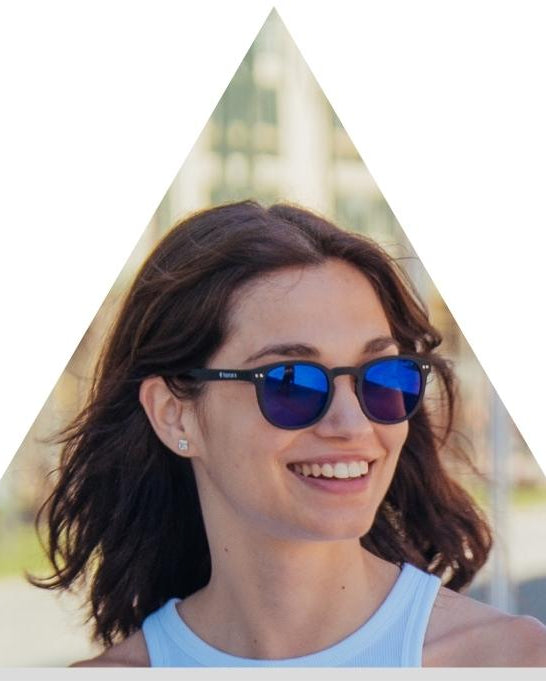
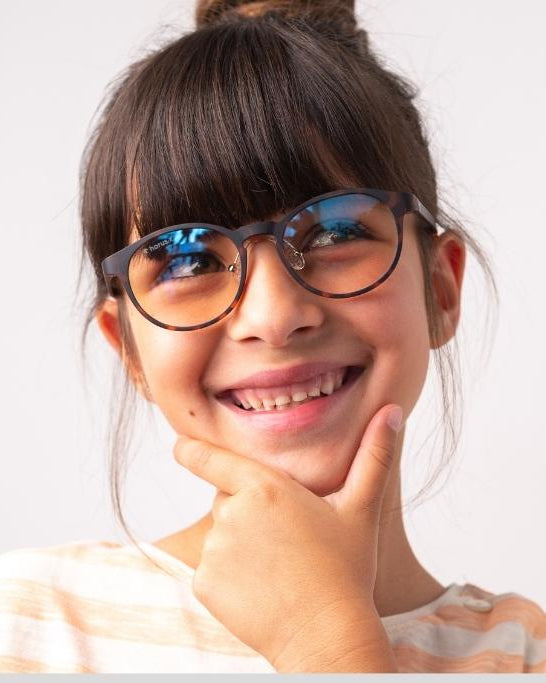
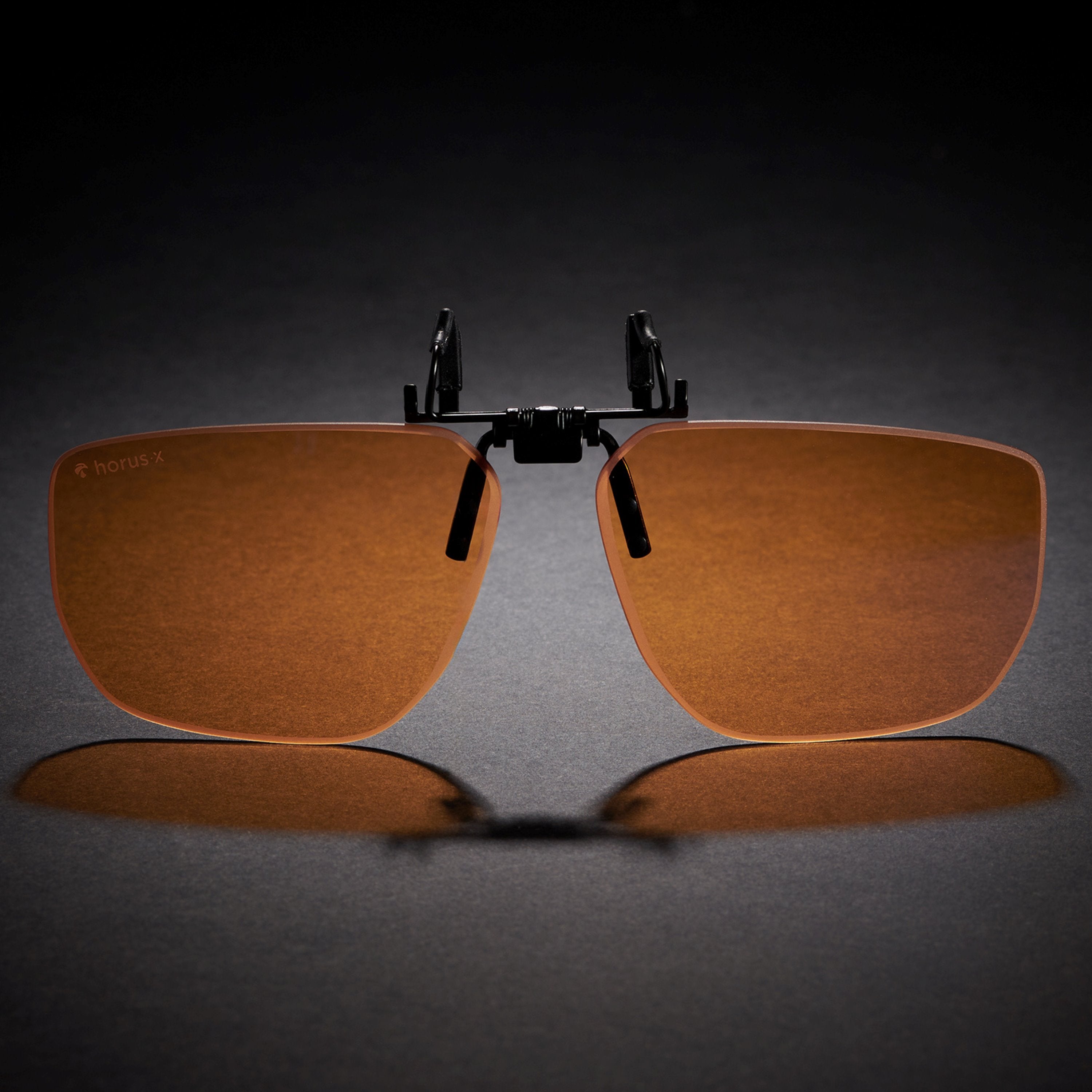
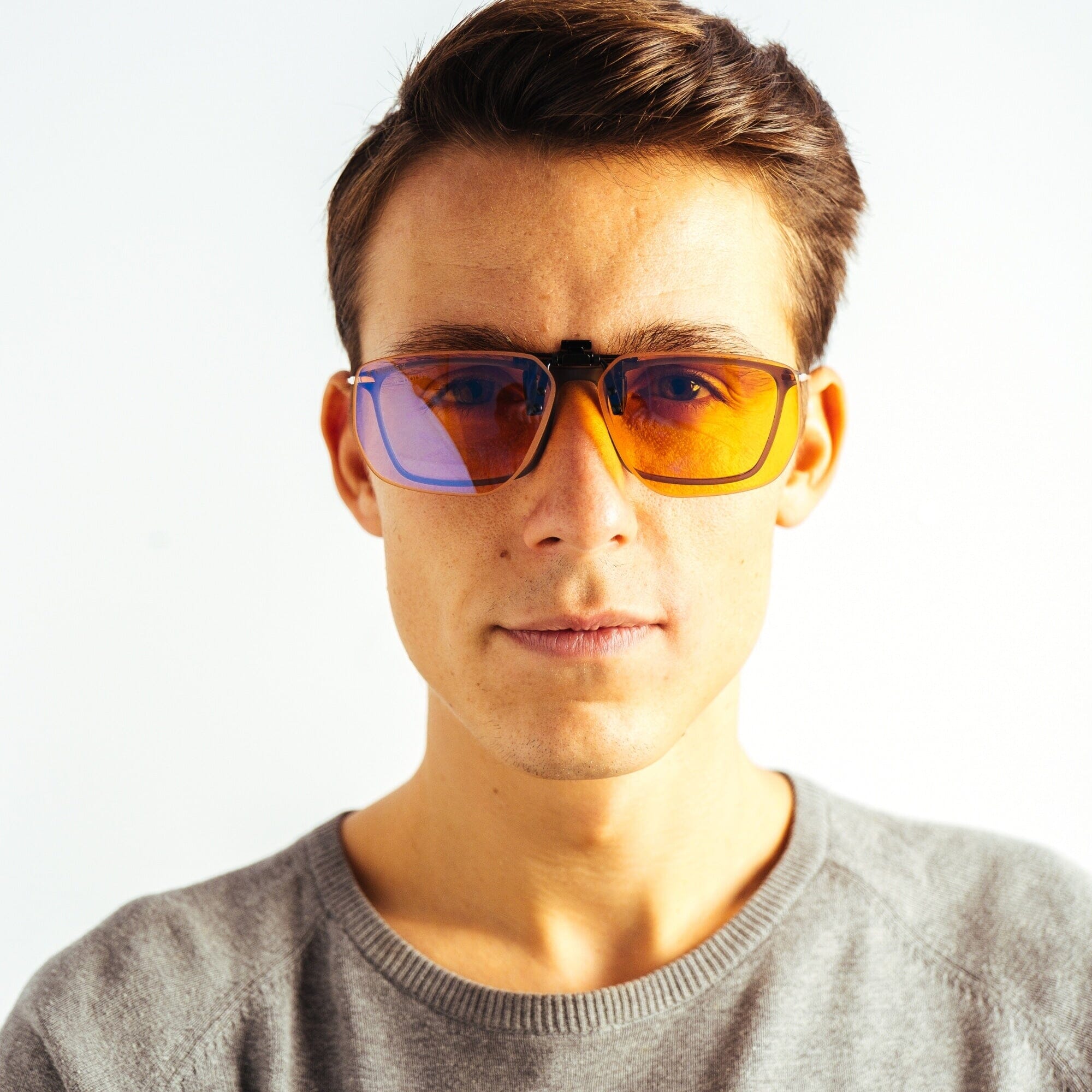
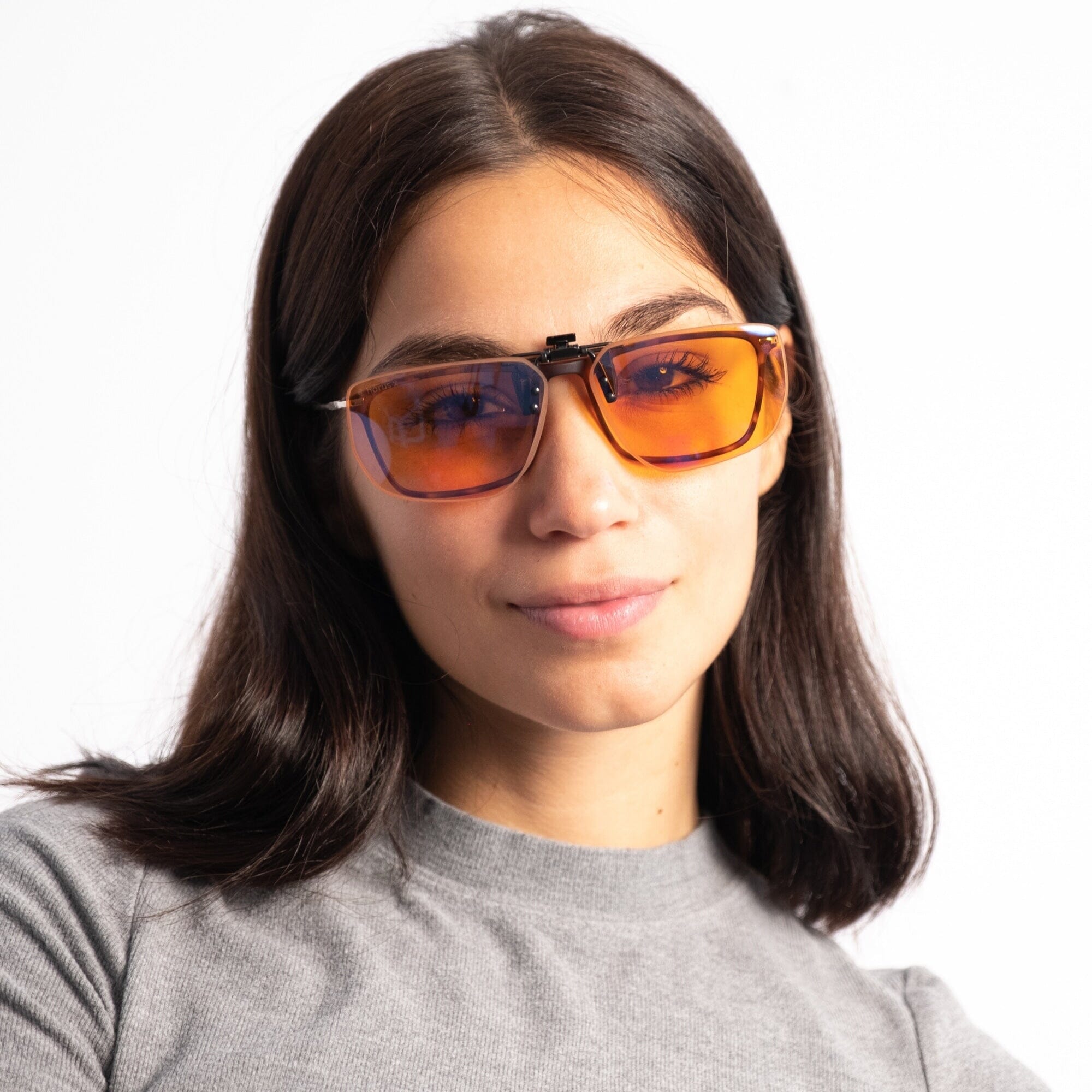
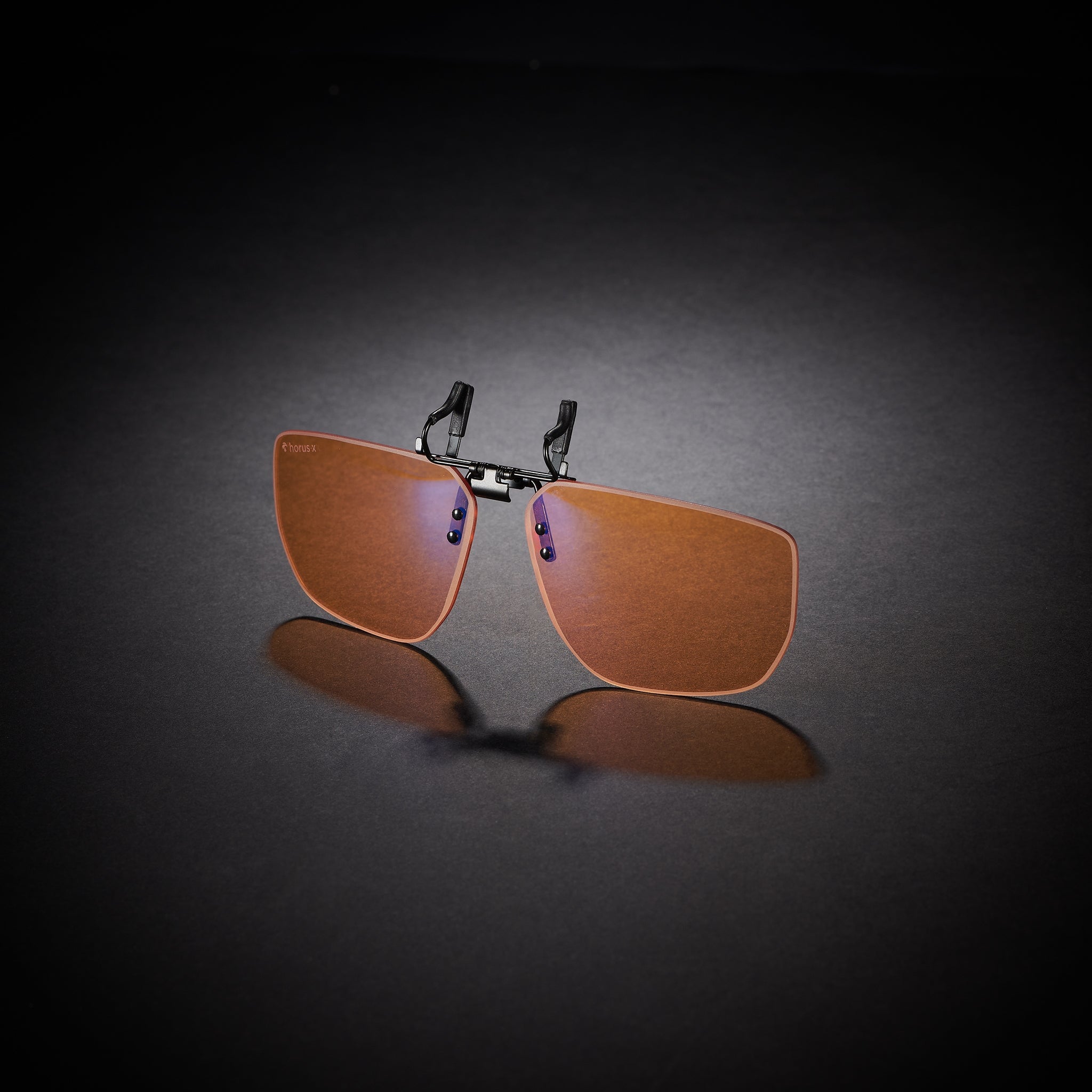
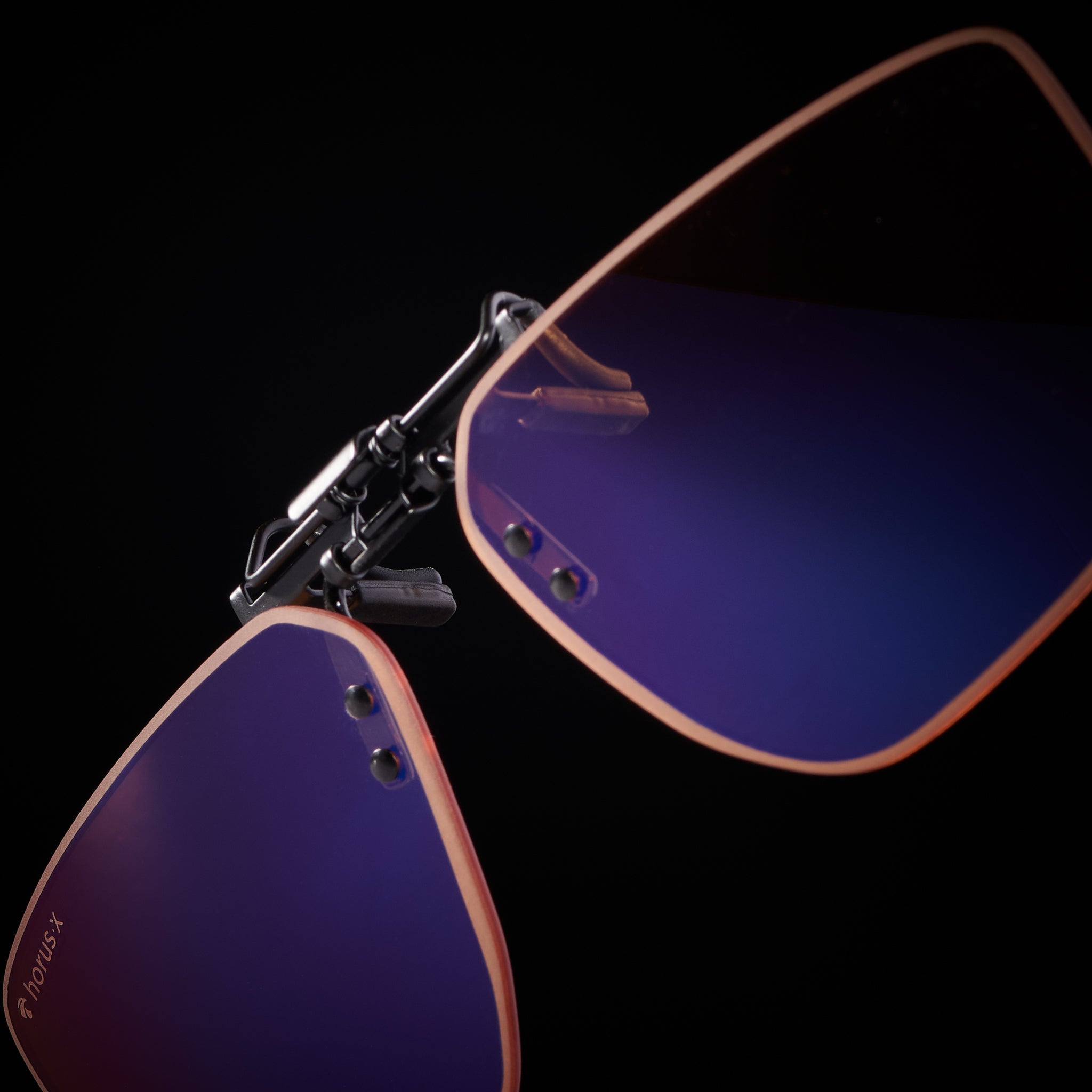
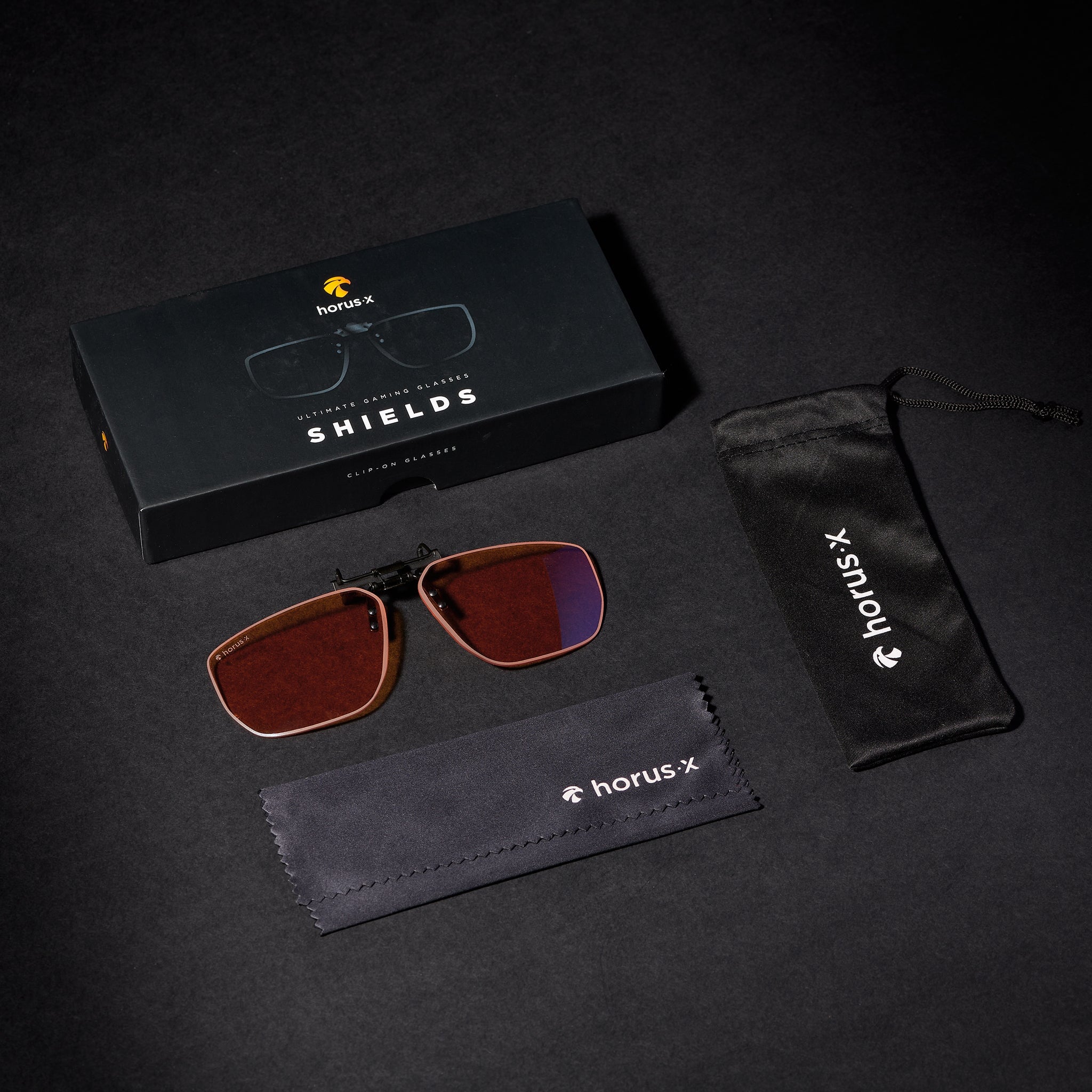
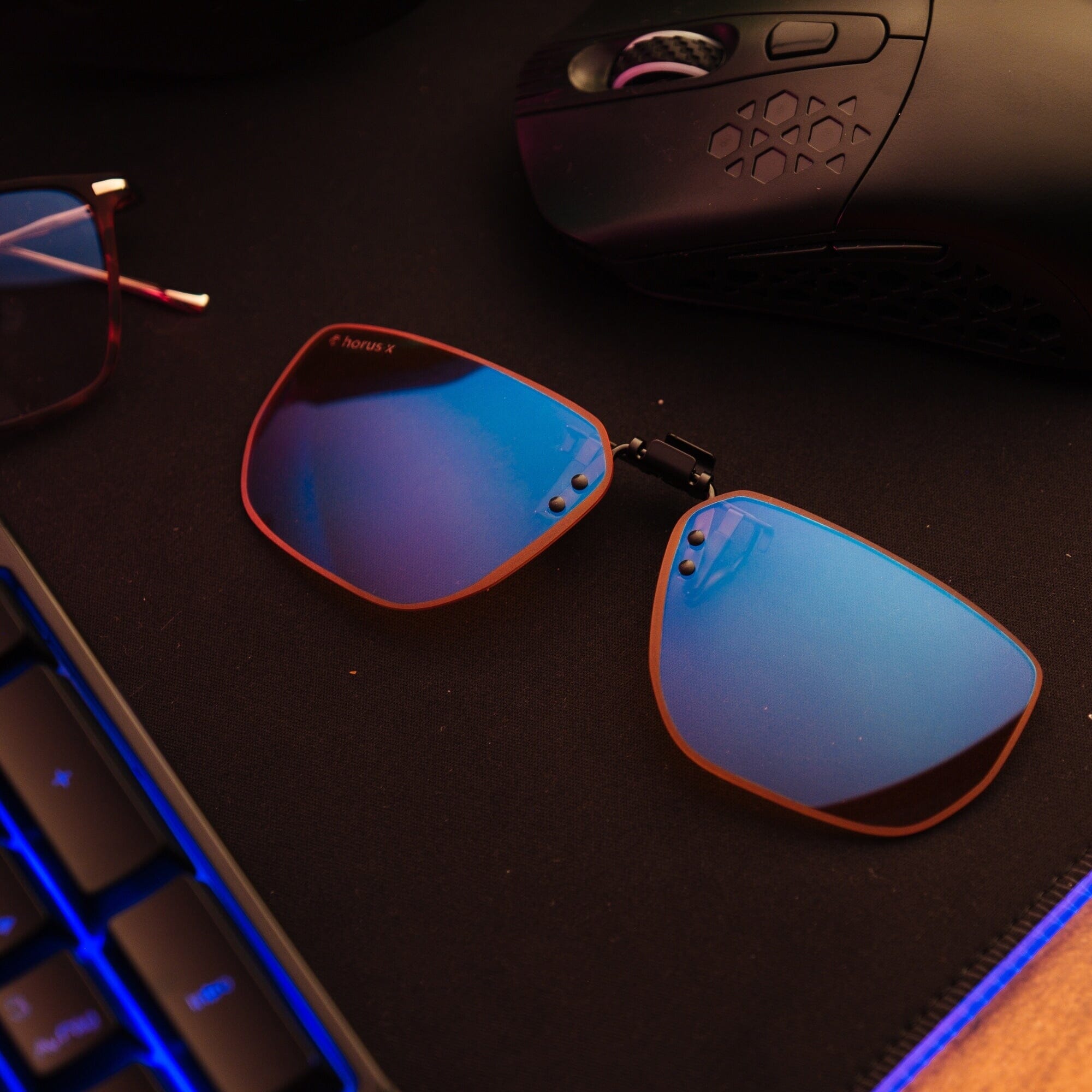
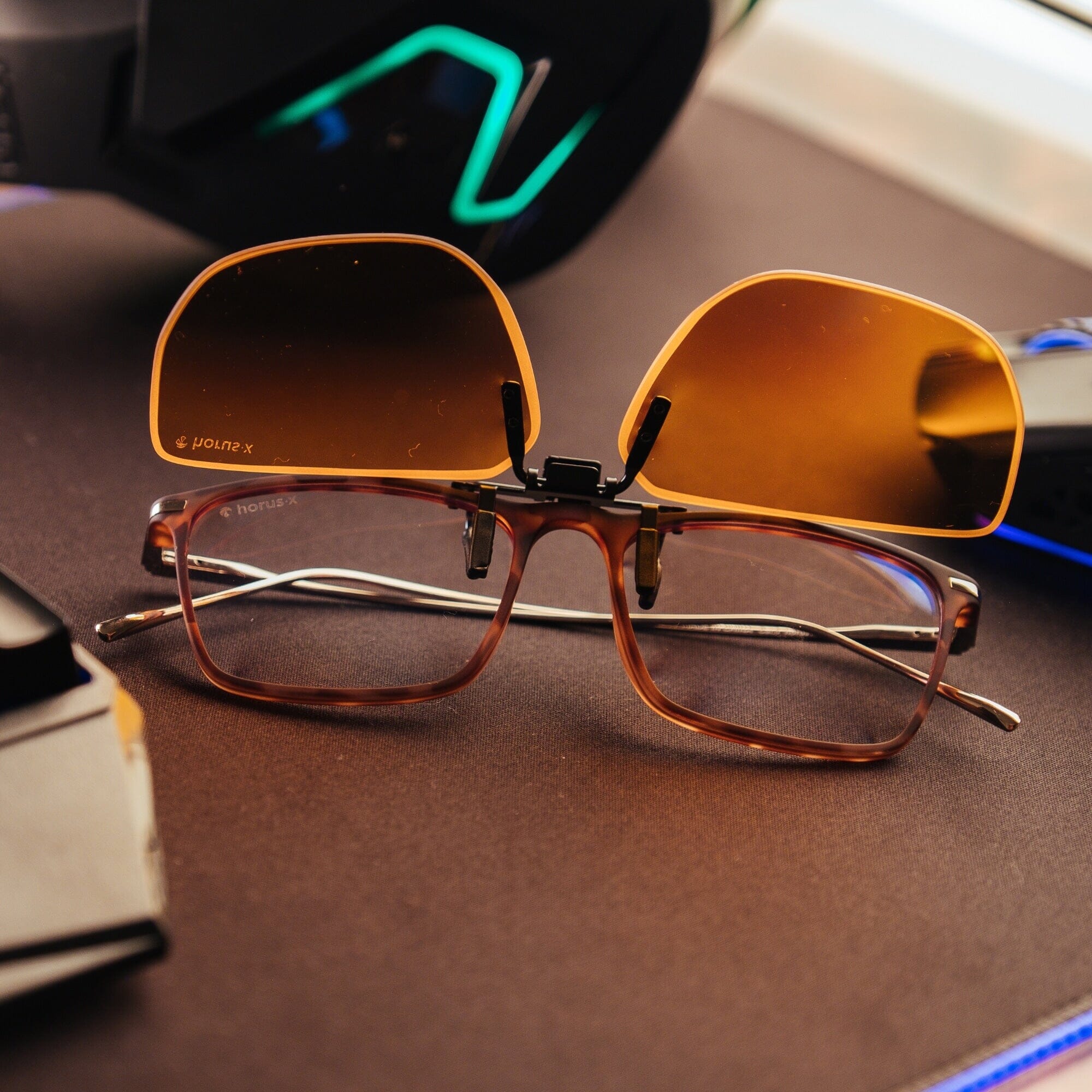
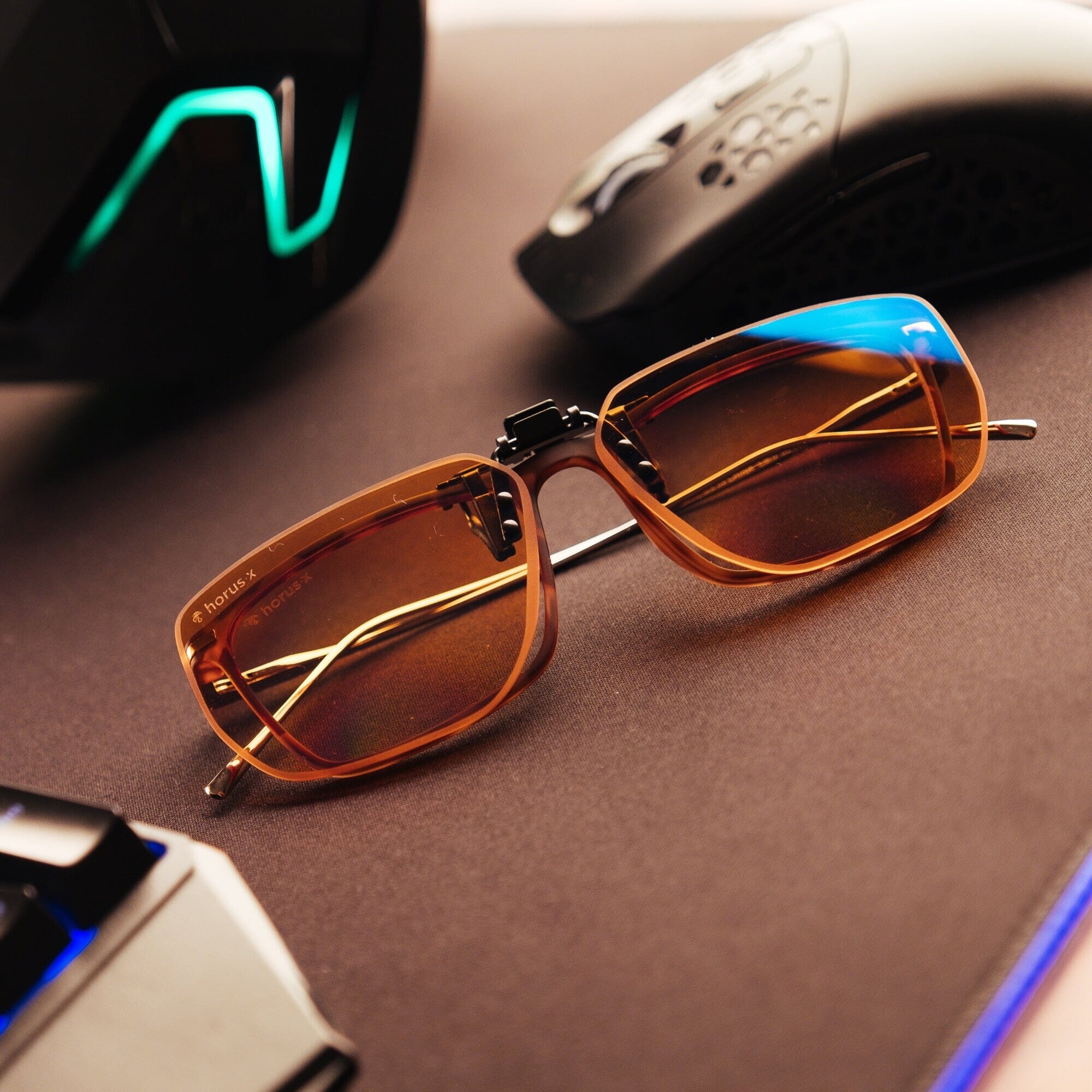

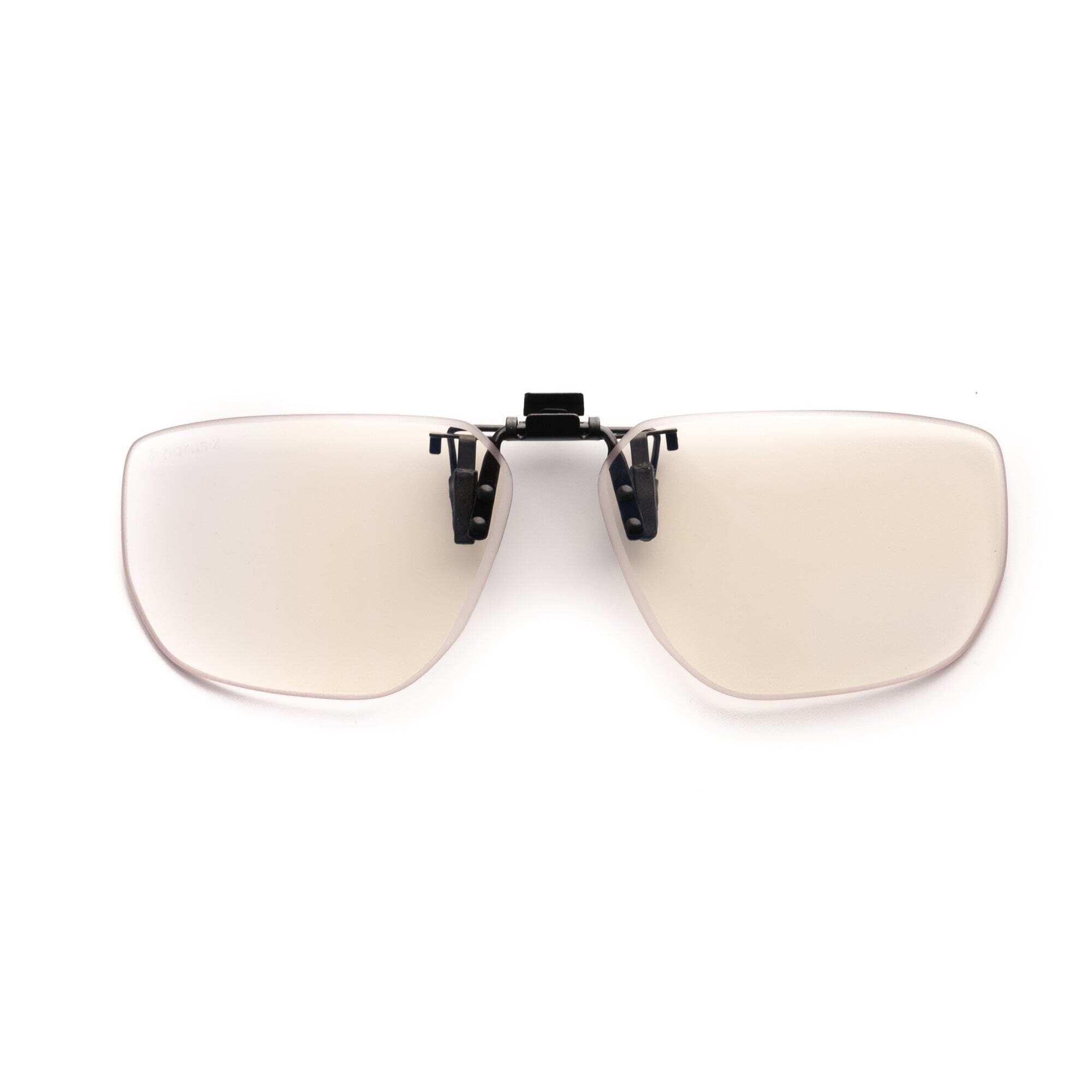
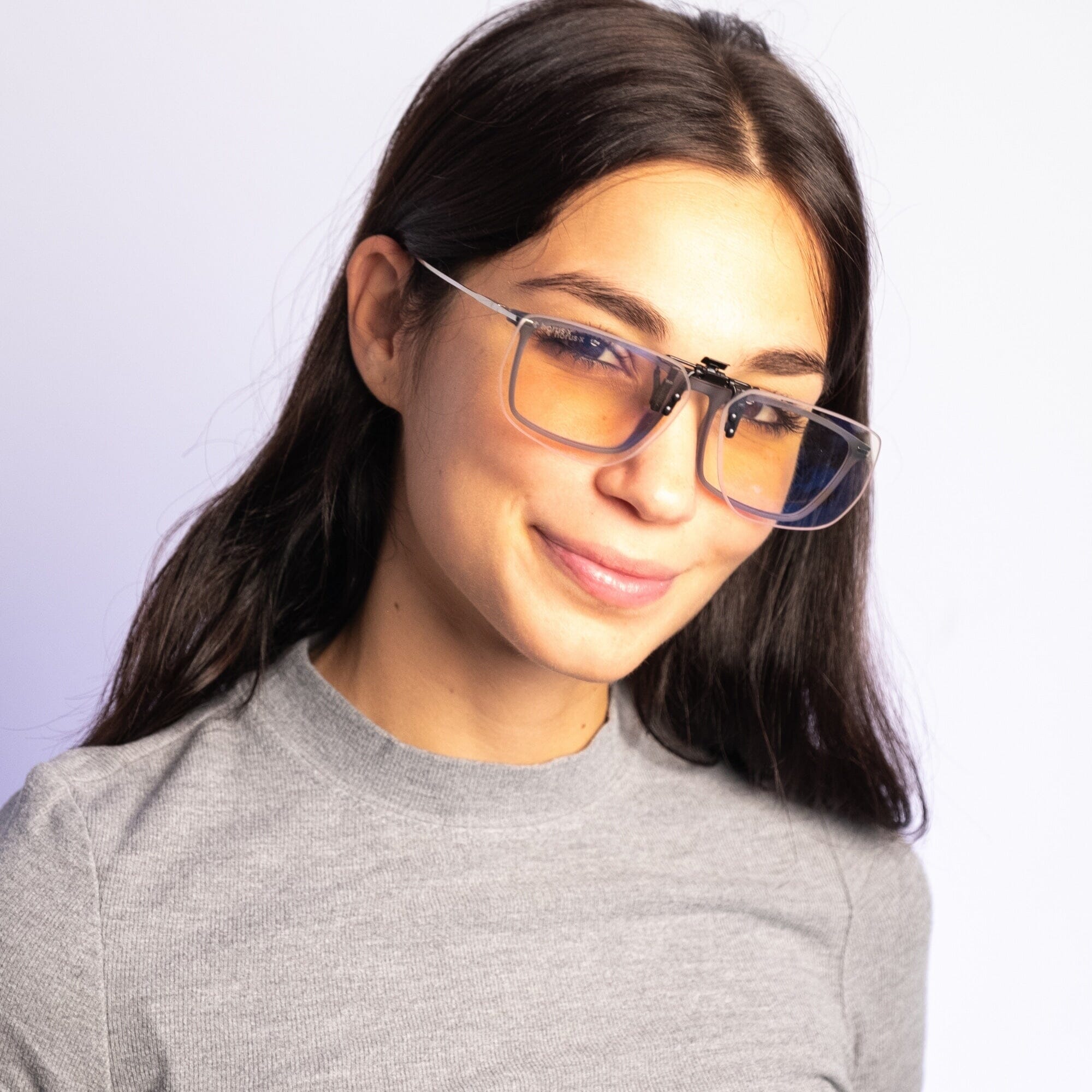
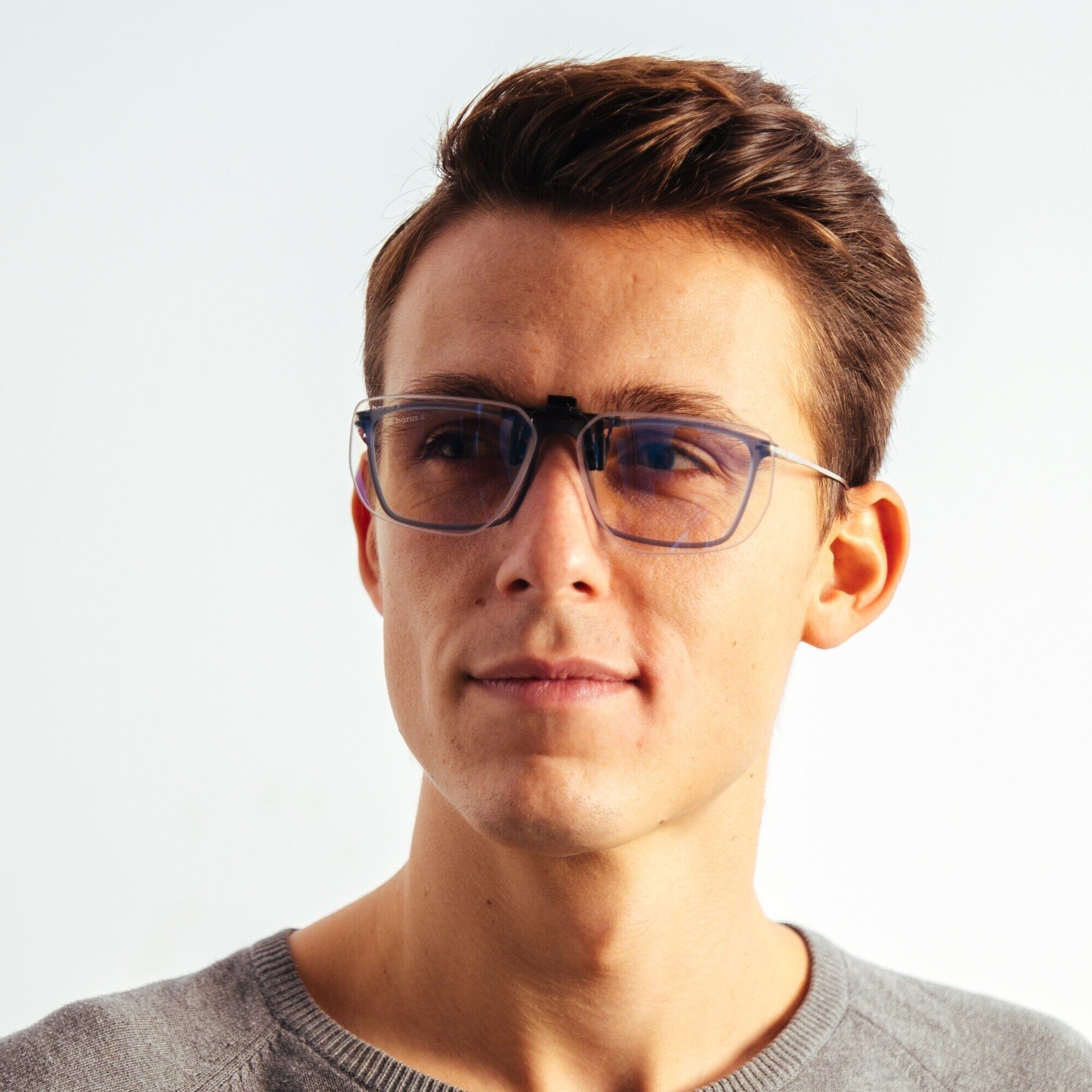
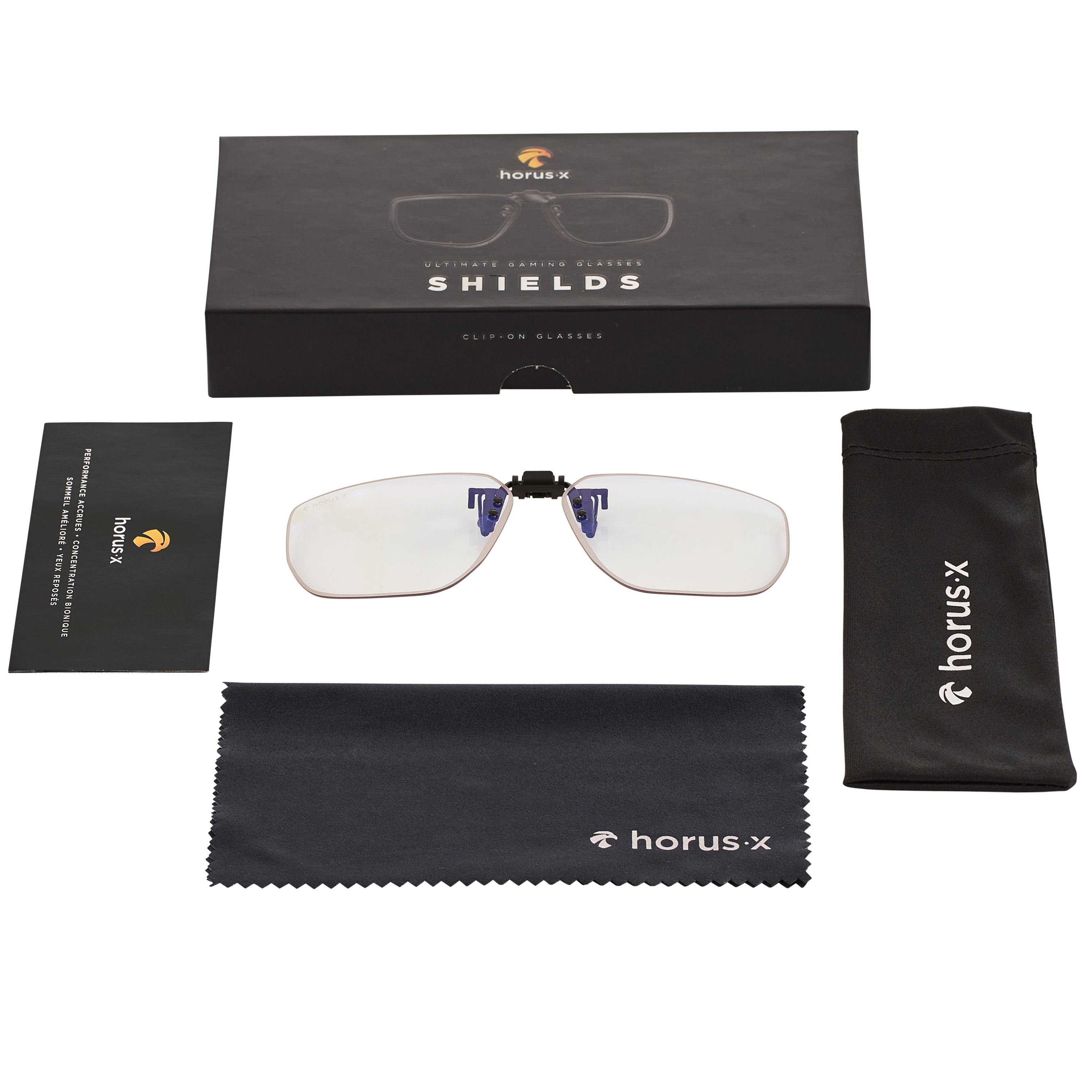
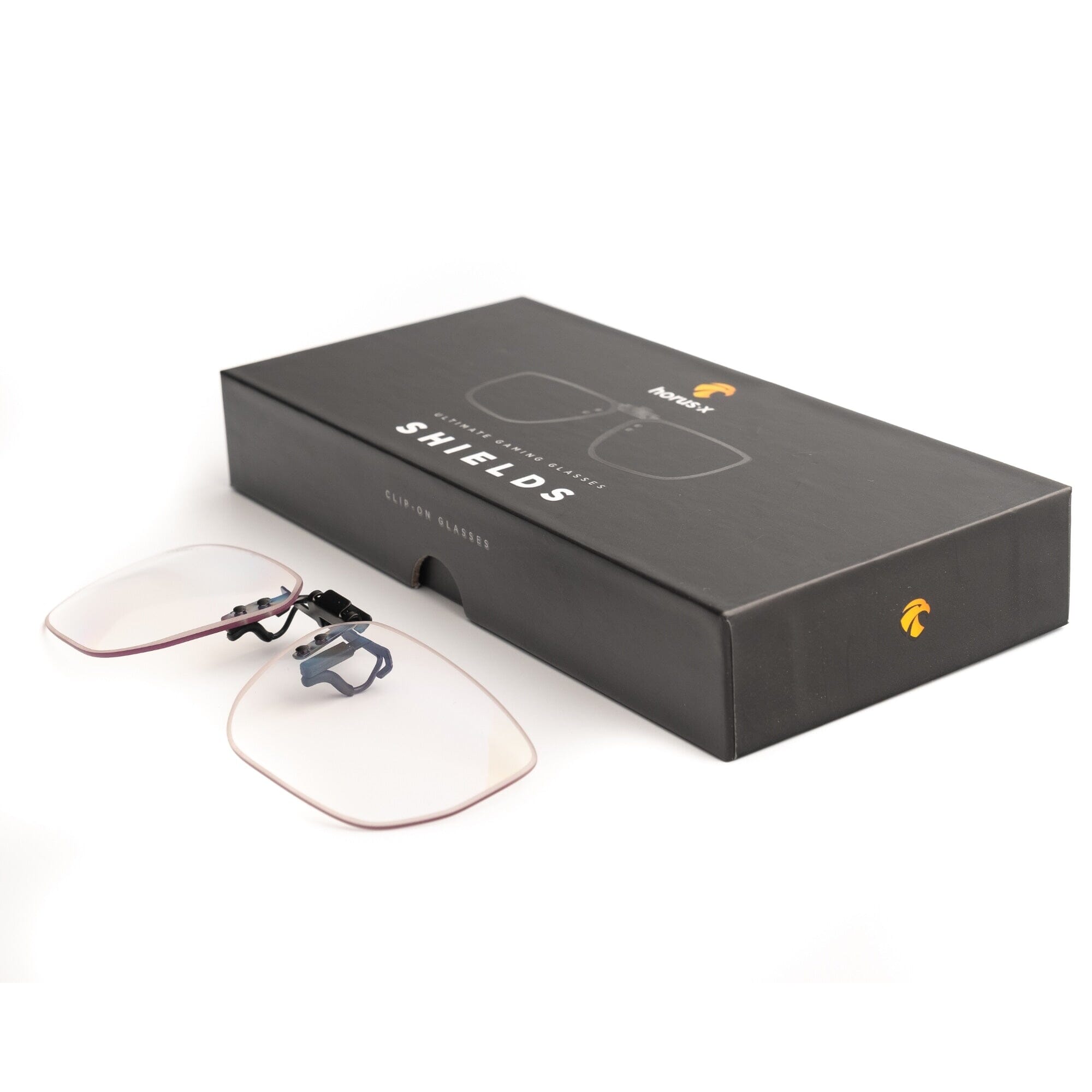
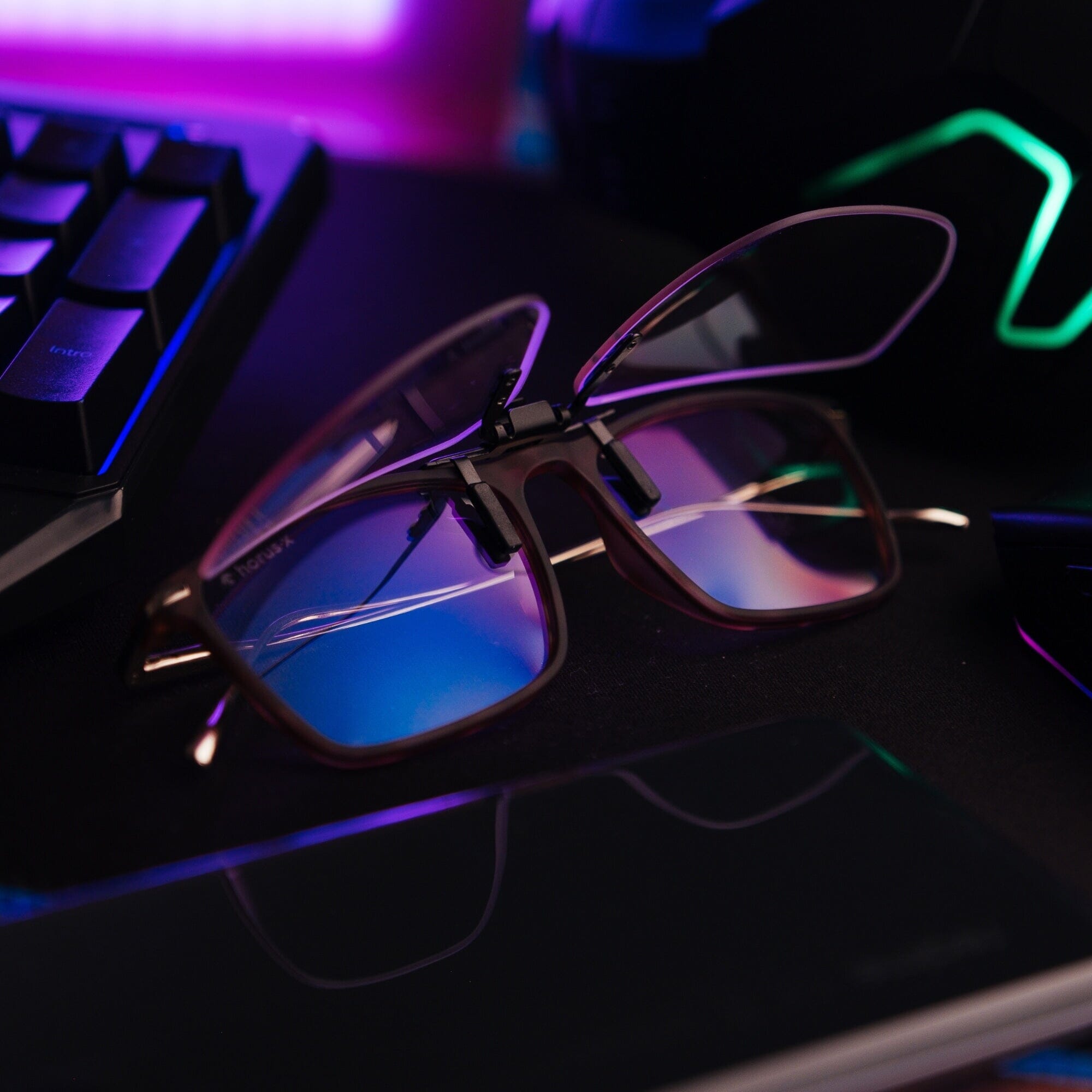
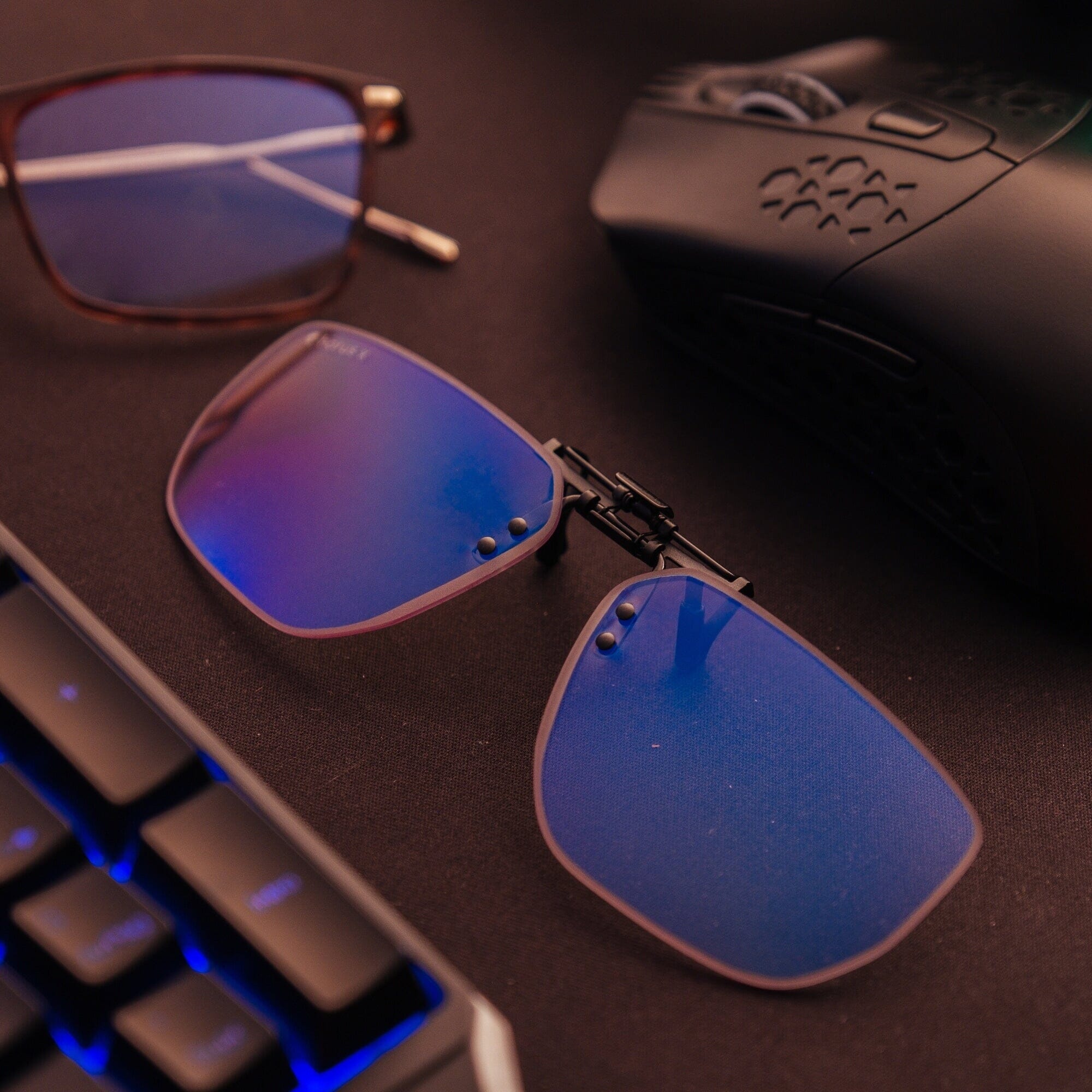
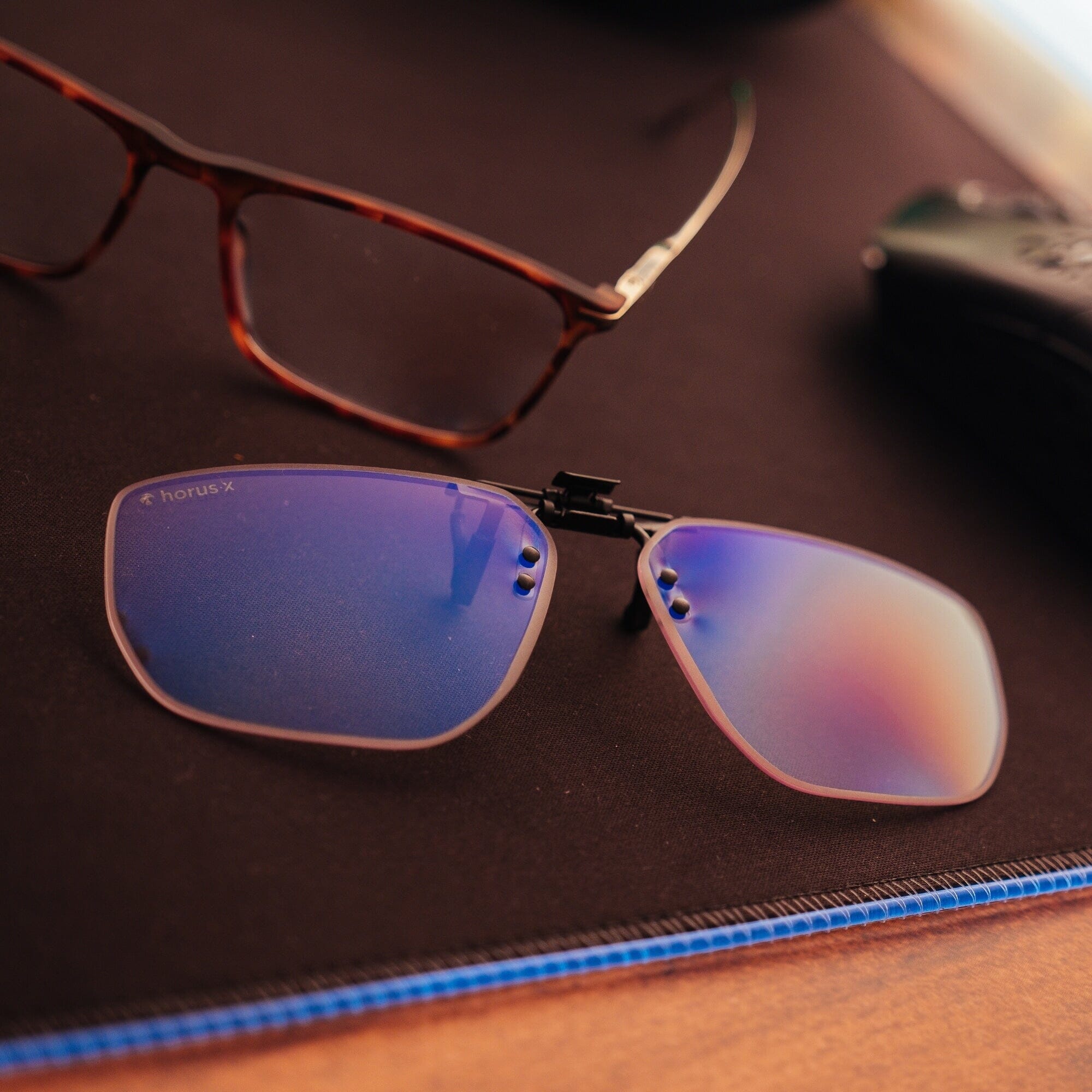
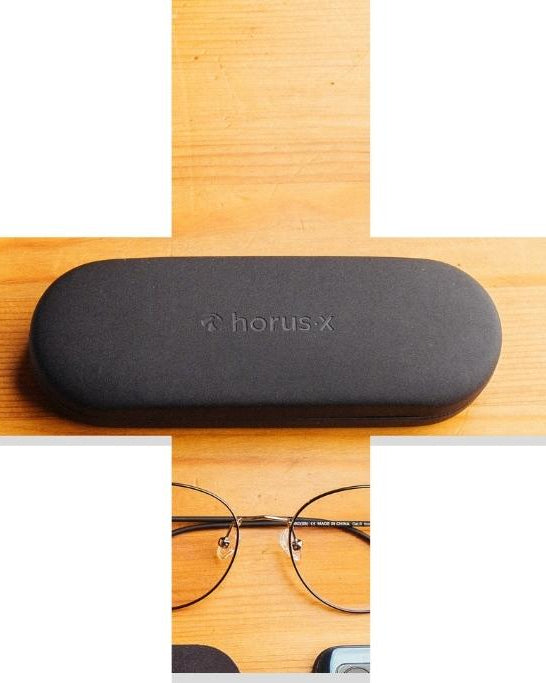






Comentarios
Merci beaucoup pour ces conseils dont certains permettront d’éviter certaines mauvaises habitudes ou négligences .
Merci beaucoup pour vos conseils. Je protégerai mieux mes yeux.
Merci pour vos conseils pratiques.
Malheur à nous qui sommes accrocs au téléphone portable,réseaux sociaux, aux ordinateurs etc..
Très bon article. J’ai appris beaucoup de choses. Je vais essayer tous ces conseils.
Encore merci.